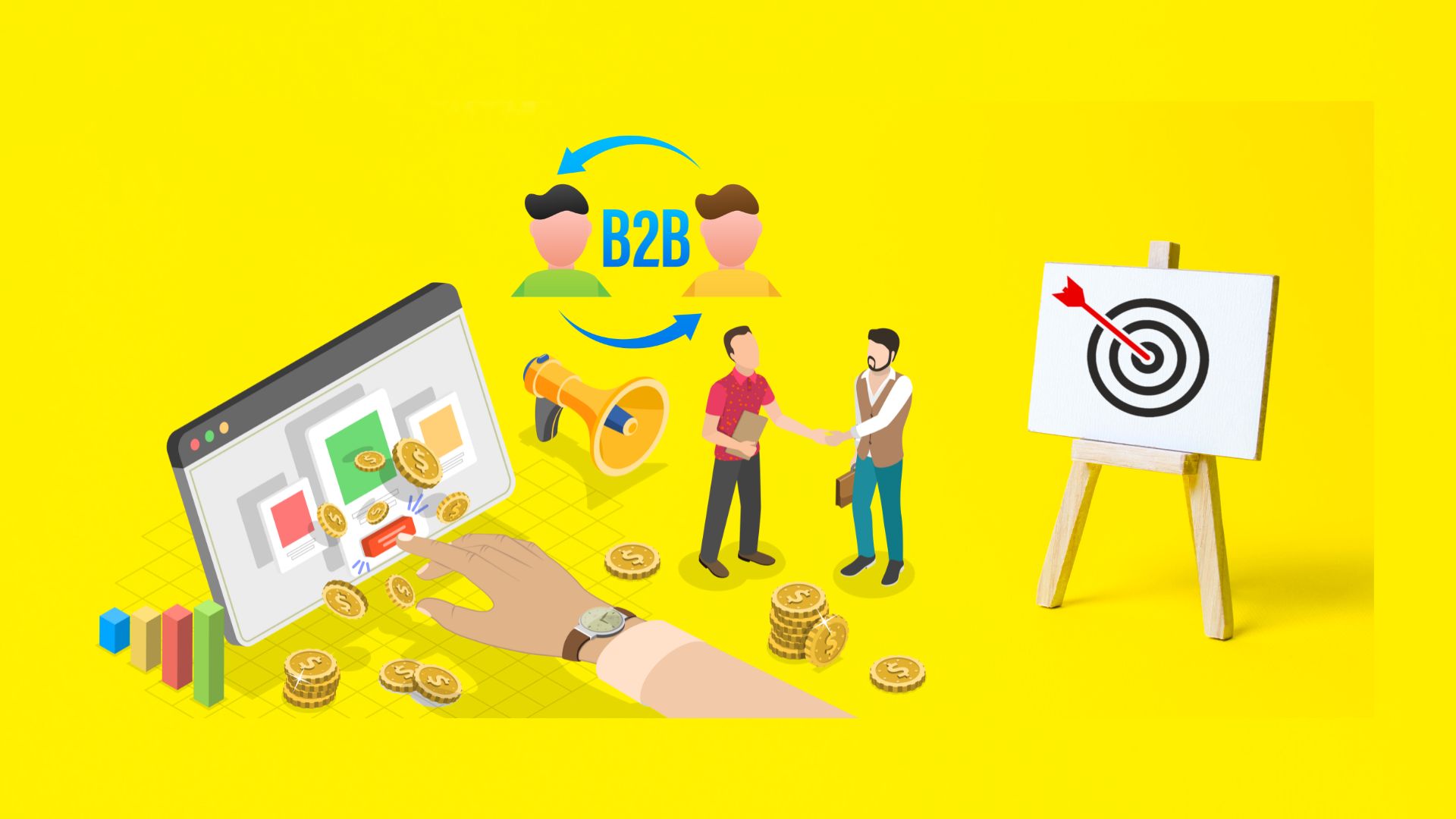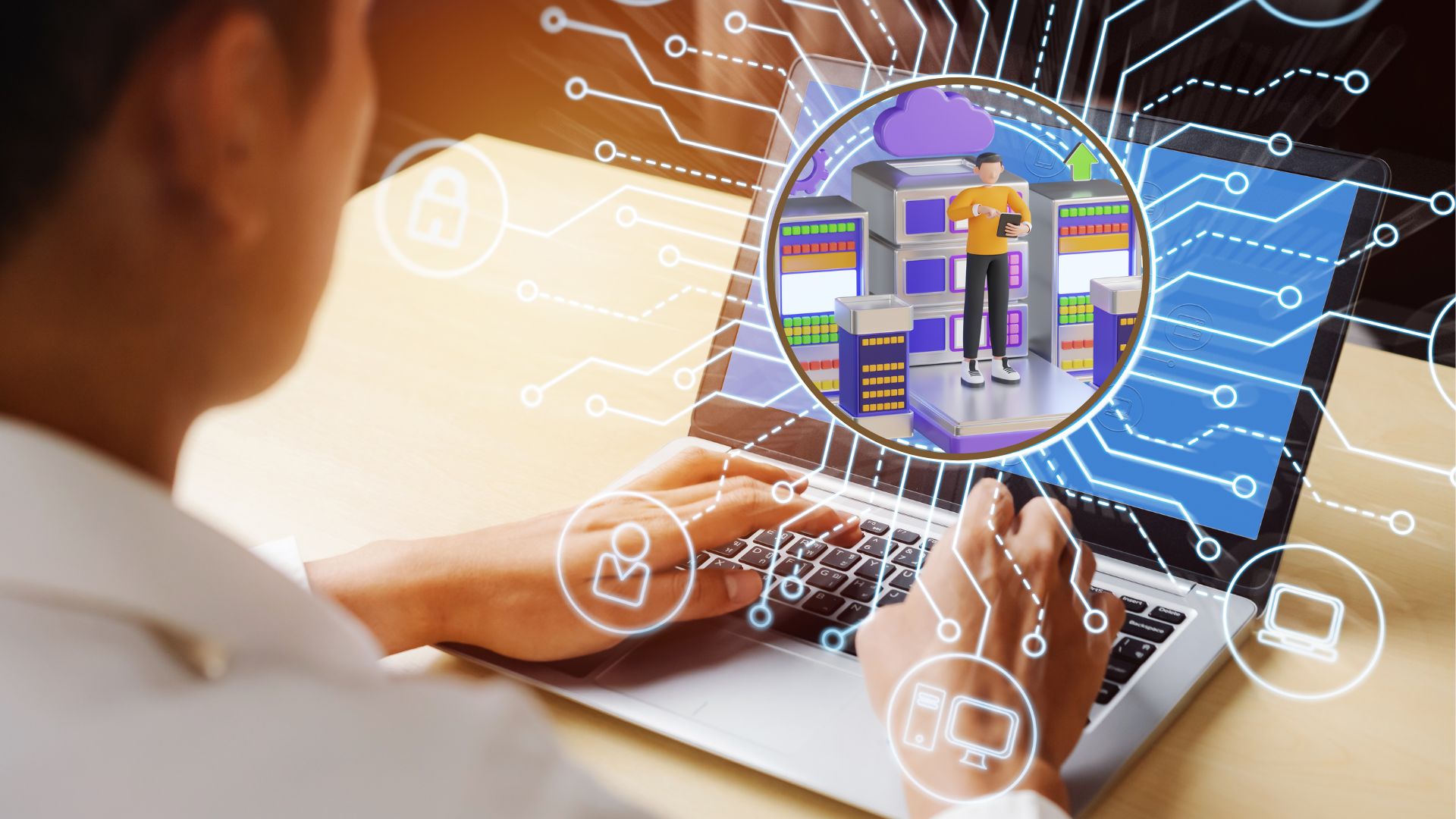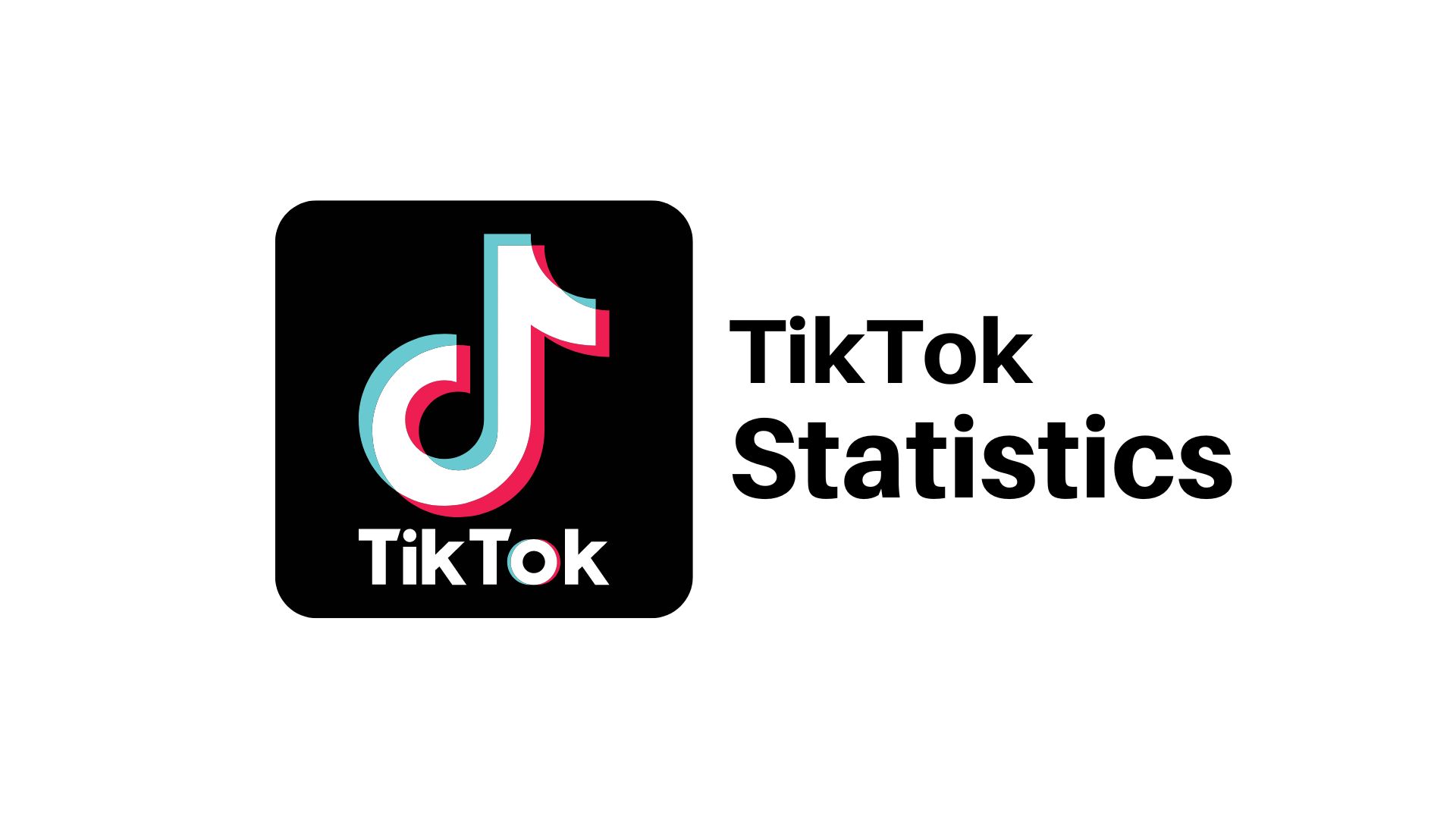Spinnaker Support Now Provides Maintenance for SAP Apps
Do companies with aging applications from Oracle and SAP want to pay those vendors for support and maintenance? A 2010 Computer Economics survey showed many Oracle customers chafed at the fees they paid Oracle for support. As Computer Economics President Frank Scavo noted in an interview with IT Business Edge, Oracle customers may have been especially miffed because Oracle CEO Larry Ellison tends to boast to financial analysts about the high margins the software giant commands for maintenance.
This dissatisfaction helped create a growing market for third-party companies that provide maintenance. Spinnaker Support, a Denver-based company that provides maintenance and consulting services for more than 160 customers that use Oracle's JD Edwards applications, today is launching an SAP practice to support all versions of SAP's ECC and R/3 applications. Matt Stava, Spinnaker's managing principal, said it is “the perfect time” for his company to expand its offerings.
Spinnaker claims to offer significant savings for its support customers. In addition, it provides customization support and 24/7 global coverage. Spinnaker supports customers in 12 languages and 35 countries, Stava said.
“We understand the need for CIOs to find smarter ways to cut costs, and maintenance and support should be the place to start,” he said. “Until now, the options available for non-vendor support were nonexistent or so limited that it wasn’t an option for most companies. Rather than being held hostage by a vendor, we are providing SAP customers with better service and ROI for significantly less.”
Writing on his Software Insider blog, Constellation Research CEO Ray Wang pointed out that Spinnaker differentiates itself from other third-party support companies by offering consulting services in addition to third-party maintenance, creating what Wang called “a one-stop shop for JD Edwards customers.” (The post was written prior to the launch of the SAP practice.) Spinnaker also offers a different model from some third-party support companies by providing its customers with a checklist of what to download before ending vendor support.
This approach ensures Spinnaker does not violate vendors' intellectual property, Stava said. “You cannot take a fix or a year-end update, create an executable and propagate it across multiple clients. That's a violation of intellectual property. We understand exactly where those lines are drawn and how those lines are drawn.”
Staying within those lines is a key concern due to vendor lawsuits. In 2010 Oracle was awarded $1.3 billion in damages after it sued third-party support company TomorrowNow, a former SAP subsidiary. Though a judge later dramatically reduced the amount of damages awarded by the jury, Oracle is seeking a new trial. Oracle also sued Rimini Street, another third-party support company.
Right to Third-party Support?
In his blog post, Wang wrote about the need for viable third-party support options. Noting that “today most customers pay in maintenance and support the equivalent of a new license every five years without achieving the value,” he said, “The notion of perpetual software license rights should include the right to self-support software or engage in a third party to provide tax, regulatory, and additional updates.” Without these rights, he added, “customers are left in a no-man’s land position of being forced into de-facto maintenance contracts with only the vendor.”
Scavo seconded Wang's opinion. “Just as automobile owners are not required to receive maintenance and support only from the auto manufacturer, so also companies should be able to receive maintenance and support from third-party support organizations,” he said. “Third-party support is common not only in the auto industry but also in other industries, such as medical devices. Why should enterprise software be any different?
Scavo said third-party support can be an especially good option for customers on older releases that have been highly modified. While such organizations may still require periodic software maintenance for regulatory updates or bug fixing, they do not plan to move forward with new versions of the applications. “These needs may not justify paying 18 to 22 percent for a vendor maintenance contract when they can receive basic support for much less,” he said.
Read more about SAP ERP here.
Ann All is editor of Enterprise Apps Today. Follow Enterprise Apps Today on Twitter @EntApps2Day.

Public relations, digital marketing, journalism, copywriting. I have done it all so I am able to communicate any information in a professional manner. Recent work includes creating compelling digital content, and applying SEO strategies to increase website performance. I am a skilled copy editor who can manage budgets and people.



